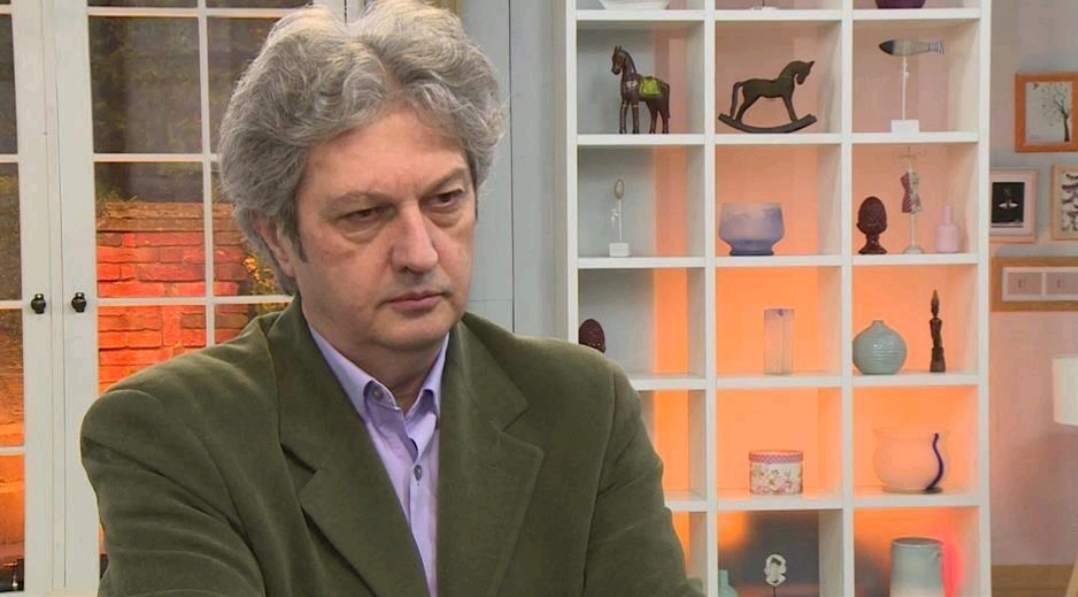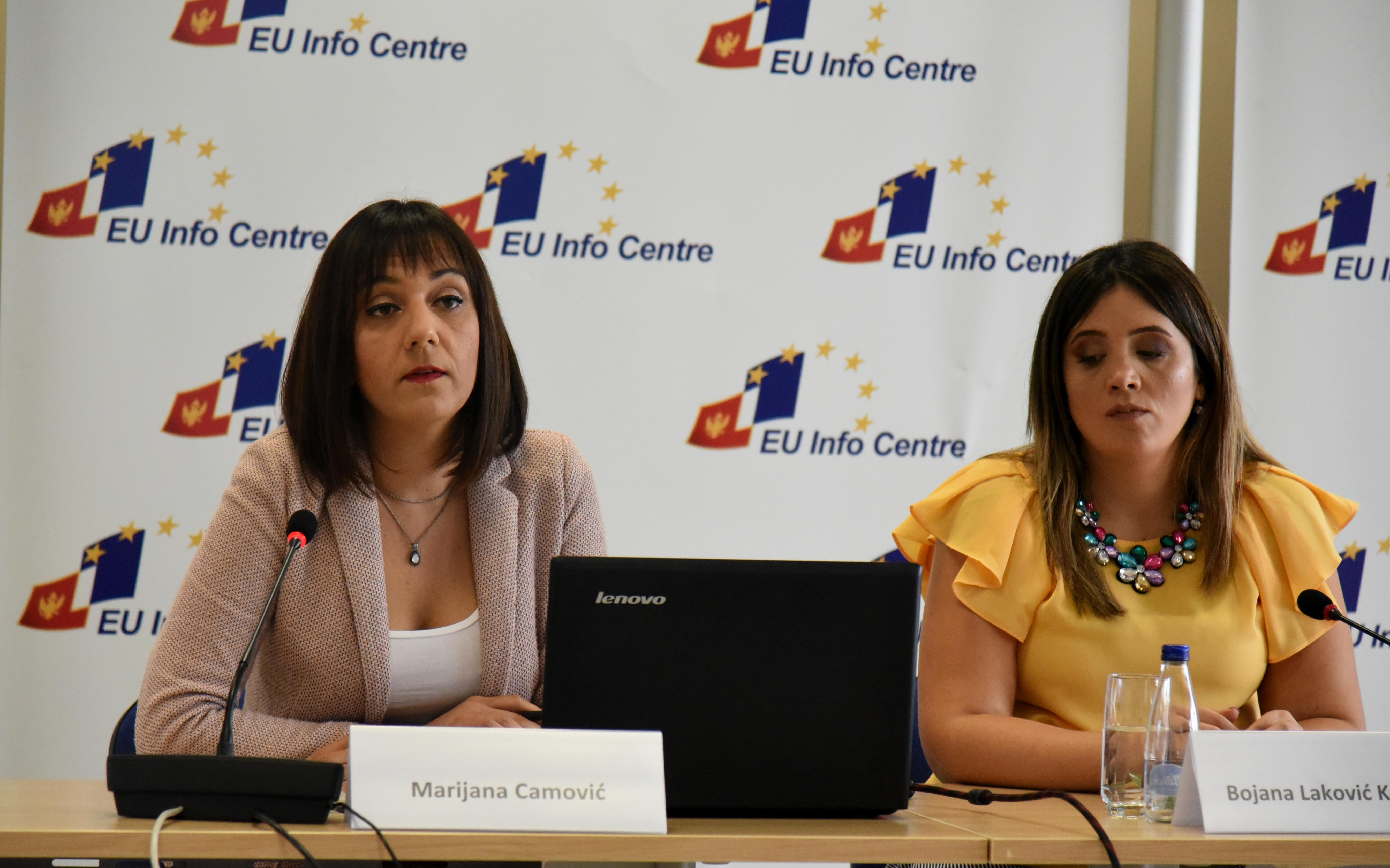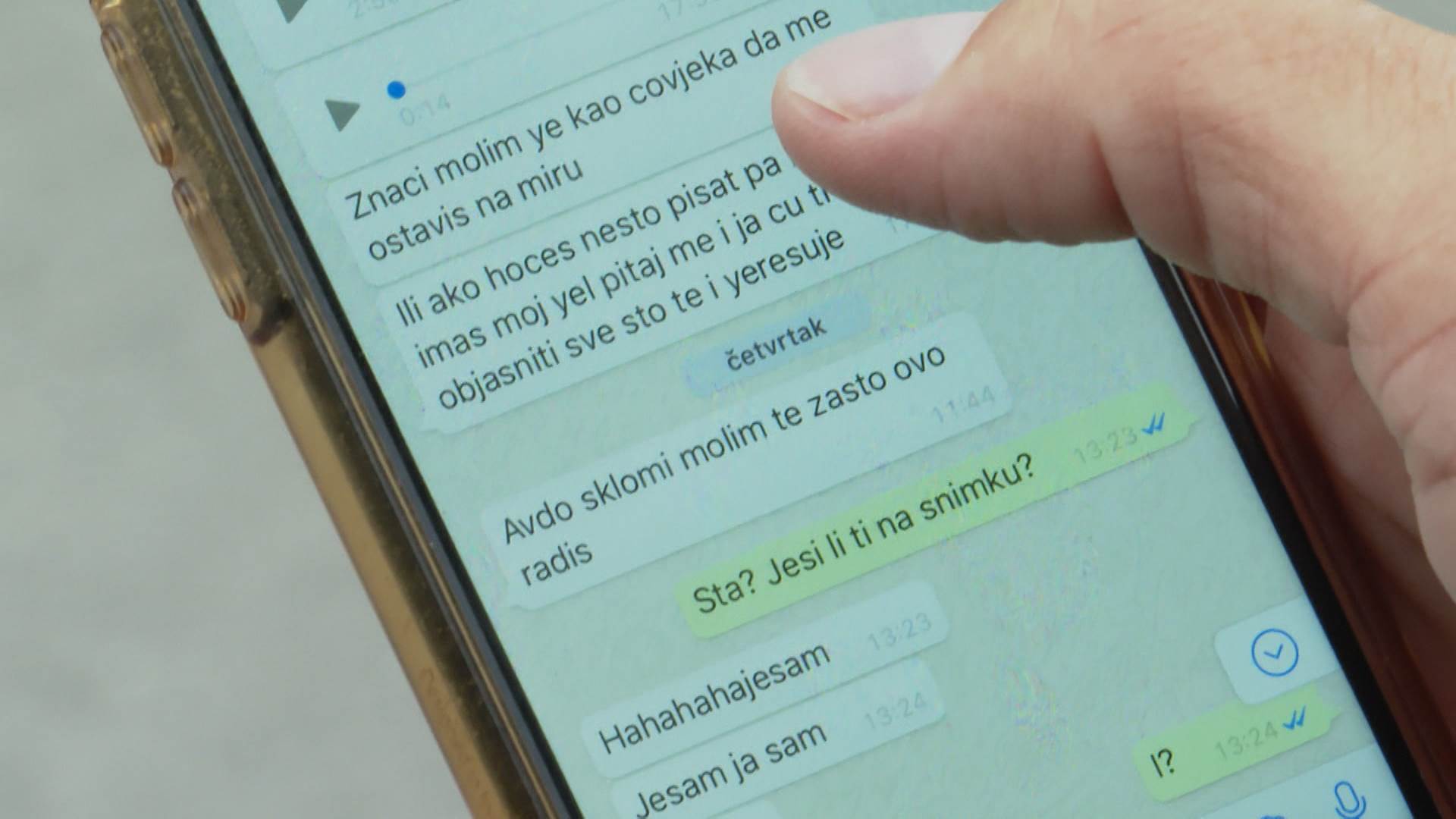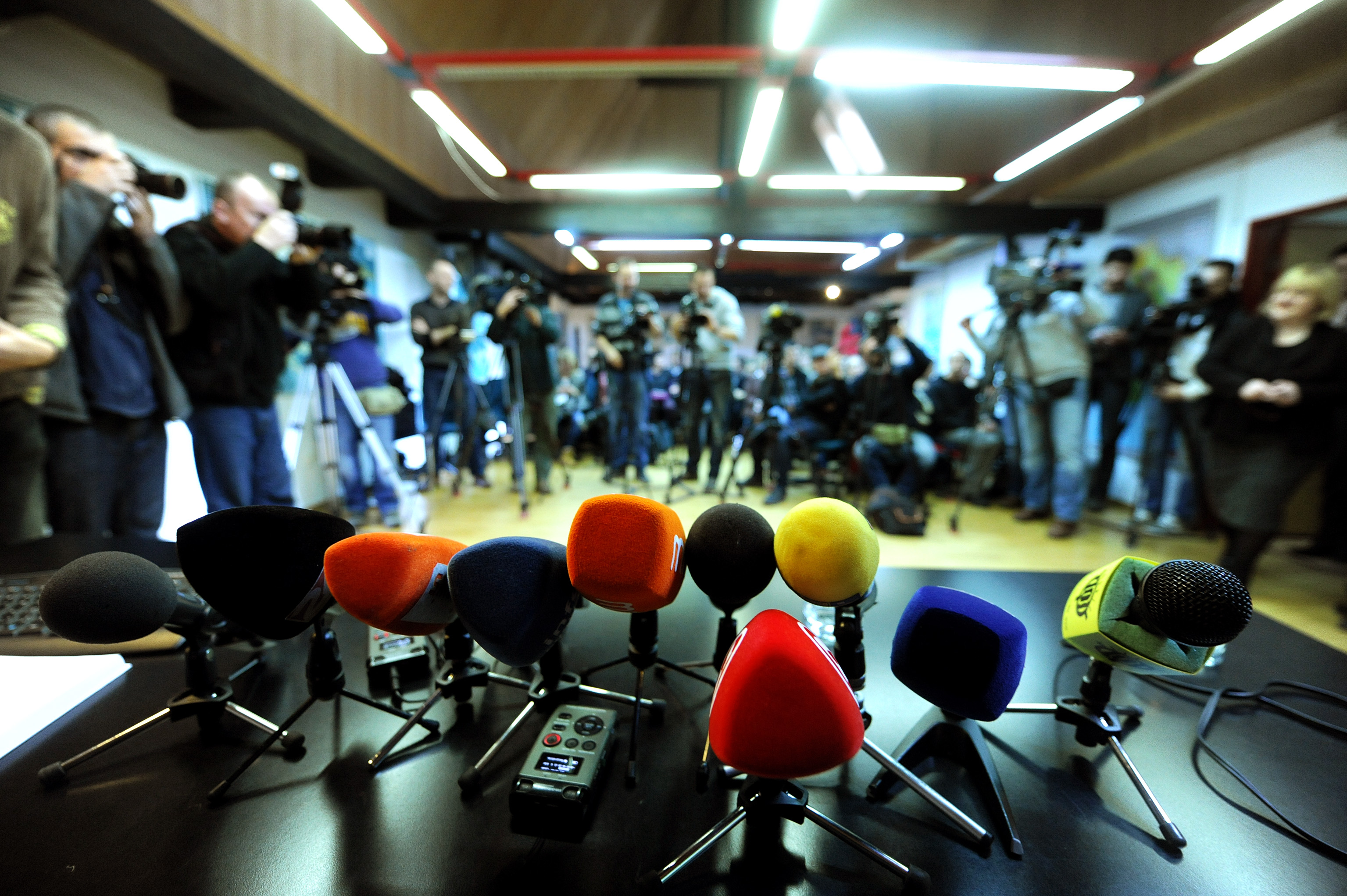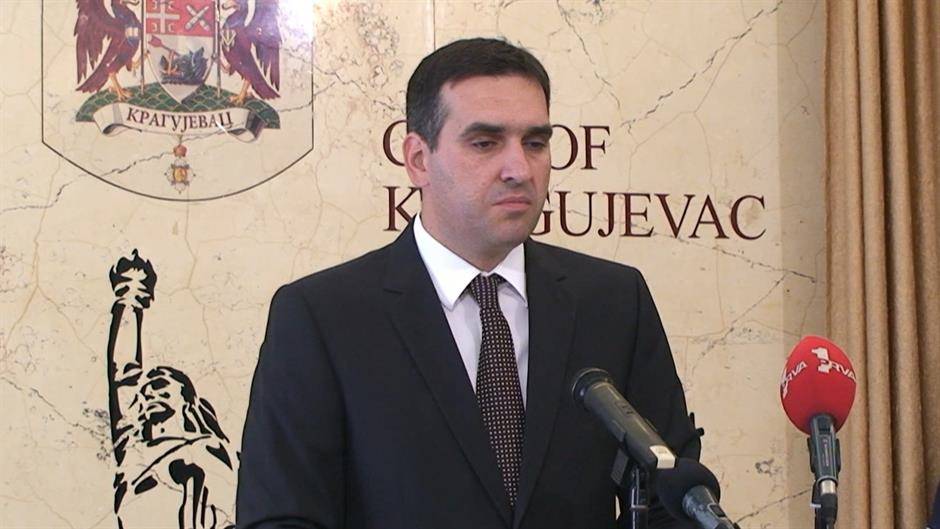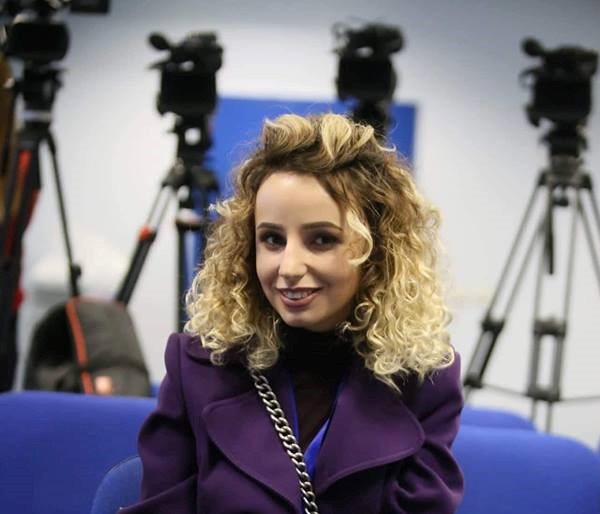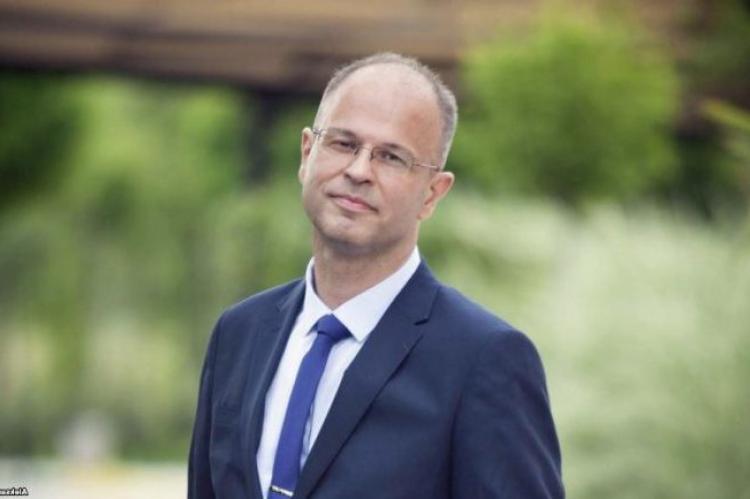By: Adnan Jašarspahić
Sarajevo, 30.10.2019. – Journalism should, by its nature, provide general public with, true and correct information about wrong people. However, when we talk about journalists, about their work and rights in small communities, the ontological question is how to sustain as journalist during this messy period. Political pressures, threats and physical assaults/attacks directed against journalists have become “a daily routine” and very little is known about this because of the simple reason: namely, journalists in small communities, where the powerful figures enforce the law, do not even dare to report these obstructions to official authorities; on the contrary, journalists are often being sued by those that usually direct threats against the same journalists.
Scared and frightened commercial advertisers and long – lasting court procedures
Some time ago, there used to be local newspapers in small communities, including radio stations, television channels and similar media sources and their work used to be financed by the Municipal budget sources, so the editing policy was just a reflection of those that had been financing the work of the above mentioned media sources. However, with the emerging of new media and social media sources whose strength has been rapidly growing and sources that were often used to launch affairs of public importance, the so called traditional media sources somehow lost the race with them and lost priority in media field, as web sites and internet sources have consequently become a problem to those that used to control media field and those that used to provide general public (citizens) with their own version of truth.
It was courtesy of the impact of new media sources and the emerging of an increasing number of local web sites, many topics and affairs have become notably important in small communities and these topics used to be controlled by local governing authorities that would refused to provide media space to new and uprising media sources. It is interesting that topics that general public were mostly interested in, including bribe, corruption and nepotism issues, managed to find their space in new media sources, rather than in public service media that were and still are directly financed by the same general public (through tax payments).
This is where we get to the question and issue of journalists’ rights in local media houses. Local web site owned by me, that is, Visoko.co.ba, was established in 1998 and it can accordingly be considered as one of the oldest internet source in Bosnia and Herzegovina, As pioneer of what many today refer to as “news portal”, it has gone through all developing stages, covering numerus issues and questions concerning journalists’ rights in small communities, including a significant number of law suits, dunning letters and threats as well, that is, physical assaults/attacks against our journalists and attempts of discrediting by all means necessary.
During these turbulent times, we had absolutely no one to provide us with proper protection (from outer perpetrators), including local police authorities and judicial officials since they have always been in close connections and tied with local governing politicians.
Along with all of this, independent media houses in small communities lose market battle regardless to impact they have and regardless to trust they have by their viewers.
In simple terms, no one dares to invest in commercial marketing because local sheriffs immediately affect their business by depriving them of urbanism, construction and any other required licenses and send all kinds of inspections to the sites and premises of those that “dare” to pay for commercial advertising in the above described media houses. Unlike such media houses (including independent media houses, honest and correct journalists) there are media houses and mediocrities that de facto act as PR services of particular groups, including both political and business groups that are also politically biased. The first ones always represent media minority, which resembles mountain peaks that can also, metaphorically speaking, be described as “minority”, yet they can still be seen from distance.
Visoko.co.ba was exactly what we have just described; long – lasting court battles, out – court settlements that only served to weaken us financially and an attempt of permanent destruction of local media house with a precedent as the outcome which finally emerged unexpectedly. After receiving hundreds of threats even after the reaction of BiH Journalists and Journalists Association of BiH, the OSCE decided to respond and reply. In February this year, Harlem Désir, and OSCE Representative for Media Freedoms, along with Bruce G. Berton, OSCE Head of Mission to Bosnia and Herzegovina, strongly condemned the threats that were directed against journalists in Visoko. I personally, as the owner and entrepreneur of Visoko.co.ba pressed charges against two persons linked and tied with local powerful and highly ranked officials, because these persons had been threatening me via social media sources. These cases are at present with the Prosecutor’s Office of Zenica – Doboj Canton. Also, Dario Bozic, a local journalist filed in a law suit against Amra Babic, Visoko city mayor who had, on her official Face book profile and face book page posted photo – shop photo of Dario Bozic with sajkaca (Serb traditional chetnik hat) and kokarda (chetnik official emblem) along with associated insulting and offensive defamation status insinuating that the targeted journalist was chetnik, which also represented some kind of brutal pressure directed against Bozic and his family, taking into consideration that ethnic Croats represent a minority group in Visoko. After seeing these photos, Dario’s parents ended up in the hospital and to make this more absurd, the defamation, being even more brutal and irresponsible, came from the executive governing official. Dario Bozic was between 1992 and 1995 a member of the Army of Bosnia and Herzegovina and was defending Visoko and his country with honor.
In the meantime, the pressures continued so we concluded with the most recent indictment following the series of texts we had posted covering the issue on nepotism occurring in Visoko. However, the verdict passed by the Municipal Court of Visoko completely rejected the claim filed in by Amra Babic Visoko city mayor against journalist and editor of Visoko.co.ba, that is, against Adnan Jasarspahic for alleged “disturbance caused by the defamation”. Amra Babic Visoko city mayor demanded from me the amount of BAM 10.100.00 for an insult of her honor and reputation, in regard with texts discovering nepotism related to employing certain persons within public sector and instead of getting money as she had hoped for, she will now have to pay and cover all court expenses that emerged from this case.
It is crucial to emphasize here that Avdija Avdic, the judge in this case, had referred to the practice of European Court for Human Rights and in his exposition he claimed that the “duty of media was to provide and give information and idea about all questions and issue of general public importance, including the information regarding the conduct by the official governing authorities”. In this particular case, the female plaintiff was a city mayor and according to European Court for Human Rights practice, there was a very limited space, in respect wit Article 10, Item 2 for limiting political speech or a debate about general public interest, said Mr. Avdija Avdic in his exposition.
Since 2003, when the protection from defamation/libel in Bosnia and Herzegovina was legally regulated by appropriate laws, according to many investigations, defamation charges had transformed into a direct pressure against journalists and media, that is, they emerged into a violation of rights to free expression and speech of journalists, including the right to free work for media representatives and journalists’’ reporting.
Encouraging Initiatives
I also personally consider as very important the facts that, after the cases in Visoko, the officials at the Federal Parliament decided to respond and reply, including Senaid Begic and Damir Arnaut, members of the State parliament. Senaid Begic launched an initiative that all assaults/attacks on journalists should be legally treated as assaults/attacks directed against official figures and demanded prison sentence for perpetrators from three to five years in prison. The initiative was passed in February 2019, before controversial “assault on camera” in Sarajevo (instead of being treated as the assault directed against cameraman), which, once again, only displayed the justification of such initiative in the first place.
“Soon after the collective public summer holidays, I shall initiate the launching of parliamentary procedure demanding the amendments of the Criminal Law of Bosnia and Herzegovina, where any assault/attack against journalists would hereinafter be treated as the assault/attack directed against official authority. My recommendation shall propose that perpetrators of such assaults/attacks should be fined and sanctioned with three to five years in prison, depending on the scope of the deed itself”, stated Mr. Begic during the interview for “Oslobodjenje”, a local daily newspaper.
Damir Arnaut outlined that there are over 1000 lawsuits against journalists. Media houses have been fearing and are scared most of the time (this particularly concerns smaller media houses), since their journalists spent most of their time at court trials, instead doing their work. Mr. Arnaut reckons that anyone that deliberately, intentionally and consciously put her or himself in public space, automatically become a public figure and she / he as such cannot expect from media houses to promote their work all the time.
“It is important to amend the Law that defines that there shall be higher standards in terms of politicians’ special standards. Since 1964, when the Supreme Court of the USA had developed this particular law, it has ever been veer clear. This initiative should be accepted and passed at state parliament level and I personally believe that this law will work as soon as possible”, Damir Arnaut said for N1 interview.
However, regardless to these initiatives, there are many problems in small communities as far as local media houses are concerned. Those that manage public money that should be directed to support serious and professional media houses in small communities (that is media houses that had been primarily established to provide general public with correct information, covering the important issues about life in their community), often demonstrate and display a complete neglecting and ignorance of general public, by sudden financial support to two of three other “instant media houses”” that suddenly receive financial grants from two or three most powerful political parties in their community. Their primary goal is to discredit all those that work in media houses that tend to position itself in the market, by providing general public with serious issues and the truth that has been happening in their local communities.
Being a journalist in small community is much harder that being a journalist in for instance, Sarajevo, Banjaluka, Tuzla and Mostar. The reason for this is the fact that small communities are packed with local powerful figures that ate ready to take things into their own hands. They also have unlimited influence within police official authorities, including judiciary system and public sector, Therefore, it takes a lot of courage to be a journalist in small community, whereas there are always mechanisms in large communities that to some extent protect journalists working in large communities.
(The author is an editor of portal Visoko.co.ba; this article is originally published in E-journalist bulletin)


